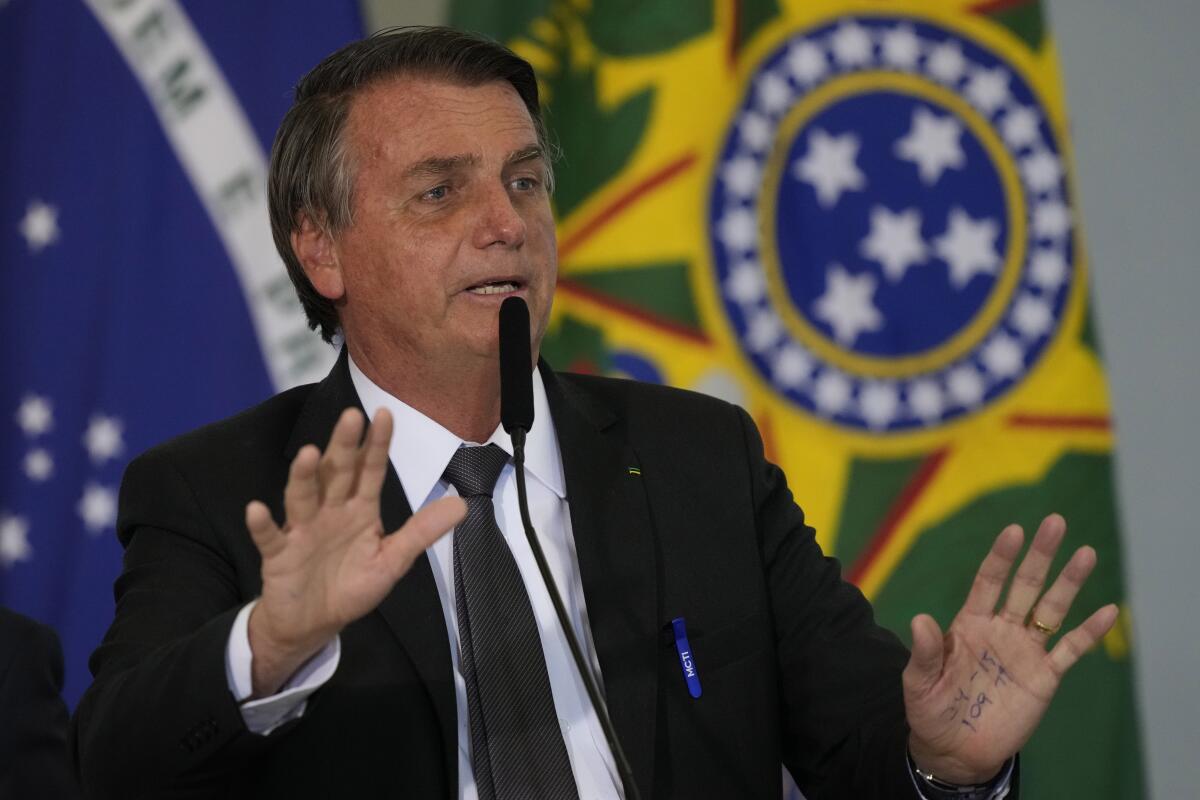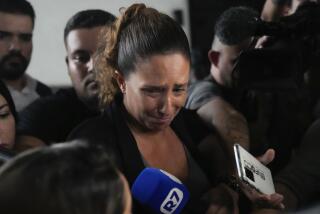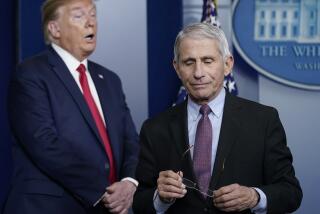Op-Ed: What Americans can learn from Brazil’s fight against COVID

- Share via
Getting vaccines into arms remains a huge challenge for policymakers and public health experts as we struggle to manage COVID-19 and prepare for the next pandemic. On this front, Brazil’s experience can offer some compelling and relevant guidance.
For one, Brazil is messy like the United States. It is geographically sprawling and diverse, with similar patterns of racial injustice and economic inequality, and with a similarly decentralized government that makes it hard to carry out coherent national policies.
Brazil is also the country governed by President Jair Bolsonaro. Described by both critics and supporters as the “Trump of the Tropics,” Bolsonaro is a COVID-19 denier who has suggested that vaccines could turn people into crocodiles or bearded ladies.
And, unsurprisingly, Brazil rivals the United States for the largest number of COVID-19 deaths in the world.
But unlike Americans, Brazilians are lining up for vaccines. This includes people of all political stripes — even hardcore Bolsonaro supporters. Some 92% of Brazilians said recently that they are likely or willing to get a vaccine, more than the 79% of Americans who say they are willing. Already, 71% of Brazilians are fully vaccinated, compared with only 62% of Americans.
This difference is even more remarkable when we consider that the U.S. is a global economic superpower that monopolized the early vaccine market, while Brazil struggled with supply problems and Bolsonaro’s rejection of early vaccine offers.
Yet Brazil, with all its challenges, has succeeded in vaccinating more of its population than the U.S. That is not only because Brazil has a long tradition of mass vaccination campaigns, but also because Brazilians trust public health.
Brazilian public health officials cultivated trust by building a health system focused on preventive care that everyone can access, regardless of their ability to pay. Its flagship program, called the Family Health Strategy, was launched in 1994 to extend basic primary care access to the poor. It was designed to integrate the different health services that families typically need into one point of contact, and to build strong relationships between community members and medical professionals.
“Community health agents” are public employees who bring healthcare messaging and services to ordinary citizens. These agents live in the neighborhoods where they work. Typically, they have no prior healthcare training. They are your aunt, your friend, your neighbor down the block. Agents are trained and then assigned to around 150 households. They visit each household monthly, carrying out a range of basic healthcare services. Teams of seven to 15 agents work alongside a primary care team of a doctor and nurse. Through community health agents, a very centralized conception of universal care is actualized in a very decentralized fashion.
Community health agents cultivate public trust in health experts because they share the language and the experiences of the people they serve. In this healthcare model, you communicate your medical concerns to a trusted friend or neighbor while inviting them in for coffee. The agent then communicates with the clinically trained staff.
In the U.S., our relationships with our healthcare providers are superficial at best, and often nonexistent — so we turn instead to social media, where misinformation campaigns flourish for medical advice.
Community health agents also cultivate people’s trust in the system by actually delivering the healthcare people want and need. In one household, they may check on someone’s diabetes medications. In others, they may schedule an appointment with a doctor. Agents sometimes even accompany sick individuals to clinics. And they also offer vaccinations.
In 2018, Brazil initiated a campaign against yellow fever by sending health workers door-to-door to give immunizations. Within one month, more than 5 million Brazilians had received their shots. During the COVID-19 pandemic, community agents check on people’s vaccine status, set up appointments, give them reminder calls and accompany them to mobile clinics.
In the American health system, which skews toward treatment, even middle-class people struggle to get access to the most basic preventive medical services. Take yearly vaccinations such as flu shots. Depending on your insurance, you may be forced to either visit clinics with inconvenient locations and hours, or pay out of pocket at a local drugstore. It’s not surprising that only 45% of Americans aged 18 or older were vaccinated against the flu in 2019.
Brazil’s family health program, by contrast, reaches all corners of Brazil. It includes 40,000 clinics, employs more than 265,000 community healthcare workers, and serves nearly 62% of the population with regular house visits.
This structure has produced striking improvements in population health. From 1990 to 2015, infant mortality decreased from 47.1 to 13.4 per 1,000 live births, and life expectancy increased from 68 to 75 years. This brings Brazil close to the 79-year life expectancy in the United States, a far wealthier country.
Crucially, the program also helps to keep costs down. By flagging medical dangers for patients in their homes and offering them free preventive treatment (such as vaccines), community health agents keep Brazilians away from hospitals and reduce high-cost treatment bills. In 2018, Brazil spent 10% of its gross domestic product on healthcare, whereas the U.S. spent a whopping 17% of its GDP for nearly the same life expectancy outcome.
This is not to say that Brazil’s overall health system isn’t flawed, especially when it comes to more complicated medical treatment. Similar to the United States, healthcare in Brazil reflects the country’s broader socioeconomic and racial inequalities and it has suffered from recent funding cuts. During the COVID-19 pandemic community health agents faced deteriorating working conditions that limited their ability to offer support.
But it is precisely this messiness that makes Brazil such a good model. Though it has many of the same structural problems as the United States, Brazil revolutionized primary healthcare. In the midst of a polarized pandemic and misinformation campaigns directed by the president himself, Brazil is vaccinating its population against COVID-19. Brazil’s successes, in the face of great challenges, may offer us the road map we need.
Jessica Rich is an associate professor of political science at Marquette University. She writes about activism, bureaucracy and public health.
More to Read
A cure for the common opinion
Get thought-provoking perspectives with our weekly newsletter.
You may occasionally receive promotional content from the Los Angeles Times.










